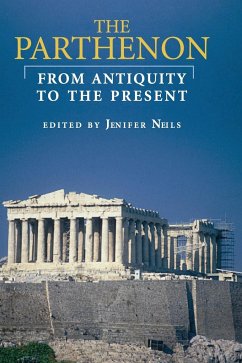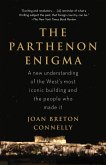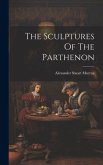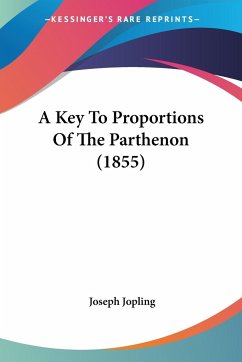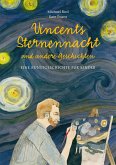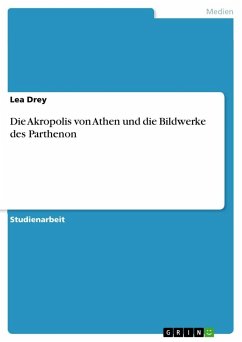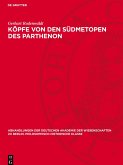This volume provides an overview of the Parthenon from antiquity to the modern era. Recent discoveries, such as the marble sculpture fragments found during the current restoration work on the Acropolis, or a vase excavated in Northern Greece whose decoration echoes a lost pedimental composition, have forced scholars to reconsider many aspects of one of the most important monuments of classical antiquity. Bringing together essays on various aspects of this world-renowned temple, this book examines the dramatic setting of the temple and its impact on modern architects such as Le Corbusier; new reconstructions and interpretations of Pheidias' vast sculptural program; in-depth analysis of architectural refinements; the techniques employed in making the colossal gold-and-ivory cult statue; and a consideration of the Christian and Muslim phases of the Parthenon's history. Collectively, they enhance our understanding of one of the icons of Western art.
Hinweis: Dieser Artikel kann nur an eine deutsche Lieferadresse ausgeliefert werden.
Hinweis: Dieser Artikel kann nur an eine deutsche Lieferadresse ausgeliefert werden.
'In short, this volume is a compendium of what might be deemed the current scholarly opinio communis. For seasoned scholars not fully au courant with the latest developments in Parthenon studies, these essays will provide a useful point of departure and much bibliography.' Bryn Mawr Classical Review

